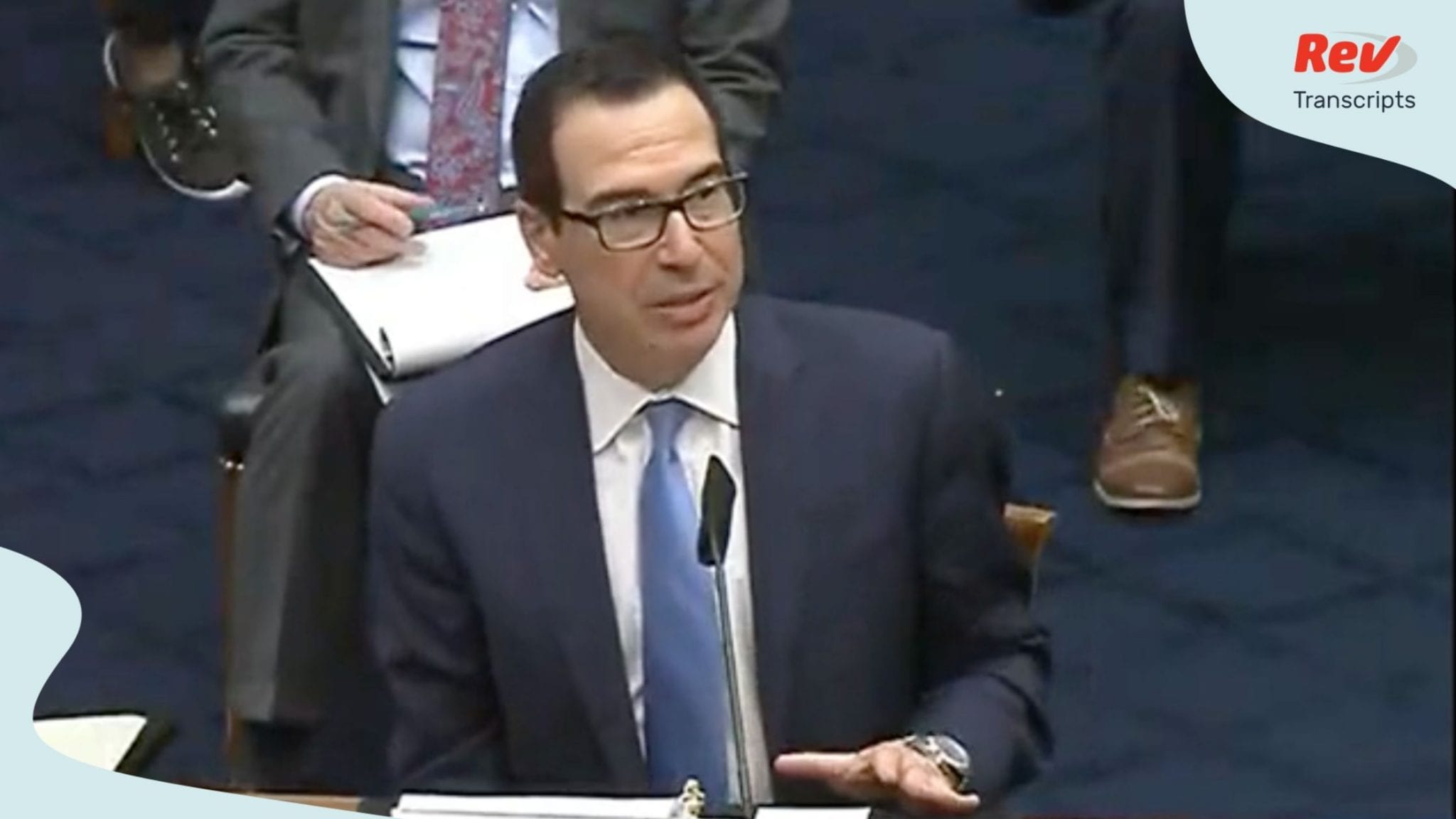Illinois House’s Failure to Pass Loan Rate-Disclosure Bill Disappoints Small Business Owners
Small Business Loan Transparency Bill Stalls in Illinois House, Leaving Entrepreneurs Vulnerable
Small business owners in Illinois are expressing disappointment and concern over the failure of the Illinois House to pass Senate Bill 2234 known as “The Small Business Financing Transparency Act.” This legislation aimed to protect small business borrowers by requiring non-bank commercial lenders to disclose the annual percentage rate (APR) enabling borrowers to make informed decisions about financing options, according to the published article of CHICAGO SUN-TIMES. Without this crucial transparency measure small business owners have found themselves trapped in predatory loan products with undisclosed costs some facing effective APRs exceeding 50% and even reaching as high as 350%. The lack of action from the Illinois House means that small businesses will continue to be vulnerable to excessive interest rates from non-bank lenders. The absence of this legislation leaves small business owners facing significant financial risks and uncertainty. Many entrepreneurs have already experienced the challenges of navigating predatory lending practices without adequate information about the true costs of the loans they are offered.
The failure to require disclosure of APRs undermines the ability of small business owners to compare financing options accurately potentially leading to financial hardship and business instability. Advocates for small businesses emphasize the urgent need for transparency and consumer protection in commercial lending to safeguard the interests of entrepreneurs and promote a fair and competitive business environment. Despite the setback in the Illinois House advocates remain committed to pursuing measures that promote transparency and accountability in small business financing. The push for legislative action reflects the shared determination to address the challenges faced by small business owners and ensure that they have access to fair and transparent lending practices. As discussions continue on this critical issue stakeholders are urging policymakers to prioritize the needs of small businesses and enact measures that enhance transparency, protect borrowers and support the growth and success of Illinois’s entrepreneurial community.
READ ALSO: House Committee Debates Future of SNAP: Potential Restrictions on Junk Food Purchases

Illinois House’s Inaction on Loan Rate-Disclosure Bill Frustrates Small Business Community
Furthermore, the failure to pass Senate Bill 2234 underscores the broader challenges faced by small businesses in accessing fair and transparent financing options. Small business owners play a vital role in driving economic growth and job creation yet they often encounter barriers when seeking financing to support their ventures. Without clear disclosure requirements for APRs entrepreneurs are left vulnerable to predatory lending practices that can cripple their businesses and undermine their financial stability. The lack of regulatory oversight exacerbates these challenges leaving small business owners at the mercy of unscrupulous lenders who exploit gaps in transparency to their advantage. Moreover, the impact of inadequate financing transparency extends beyond individual businesses to affect the overall health and resilience of local economies. Small businesses serve as pillars of communities contributing to employment opportunities, local tax revenues and vibrant commercial landscapes. When entrepreneurs face barriers to accessing fair and affordable financing the broader community suffers from reduced economic vitality and diminished prospects for growth. Addressing these challenges requires concerted efforts from policymakers financial institutions and advocacy groups to implement reforms that prioritize the needs of small businesses and promote a level playing field in the commercial lending market.
READ ALSO: Protecting American Families: Safeguarding the Child Tax Credit in Arkansas
